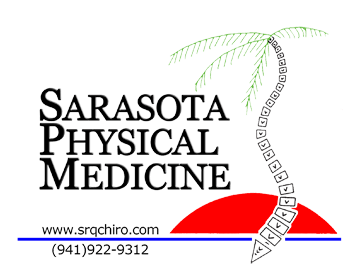 |
| Your spine is like a highway. |
The term "cracking" really refers to part of a larger treatment called an "Adjustment." Chiropractic doctors adjust the alignment of your spine because this is the root of all your body's systems. The spine is where all communications between your brain and your body take place. It's like a highway. If there's an accident on the highway, then traffic backs up for miles and the flow of cars comes to a halt. No one gets anywhere. The same is true for impulses in your spine. A chiropractor keeps your spine aligned so that your brain and your body are communicating perfectly: No backups or traffic jams. Neural messages travel freely from your brain to your body helping it to heal faster and work better. The spine is the highway. The
road you drive on is made up of vitamins and minerals. Good nutrition paves the way. If you have deficiencies in these elements, it's the same thing as a pothole in the road. You may get where you're going, but it's going to be a bumpy ride.
Chiropractic is really about using your body's own natural healing impulses to stay healthy. Often using drugs to kill pain just masks the underlying problem. Chiropractic really works from the inside out, tackling the root causes of your physical problems. Pain, high blood pressure, headaches, chronic sickness.these are all symptoms of something that's gone wrong with your immune system or your nervous system. Chiropractic is about prevention and treatment through natural processes like adjustments, massage, vitamins, exercise and healthy living.
So what is Chiropractic? At its core, it's about living a healthy, active, drug free life. And isn't that what everyone hopes for? Let us help you get on that highway and have a smooth ride.
For more information on how we can help, take a look at the Sarasota Physical Medicine website or call us at (941) 922-9312.
